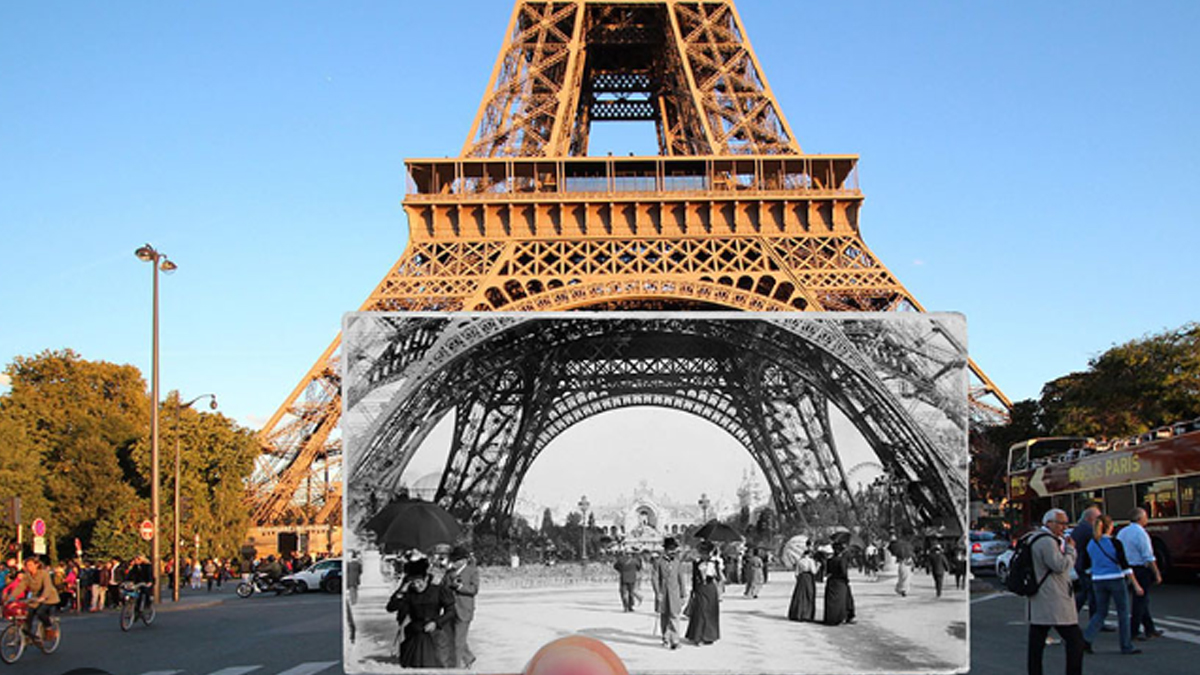
Speak right, hear right
Communication deals with the exchange of information between individuals. It is an act that is of utmost importance, so much so that right from the labor ward, babies are introduced to one form of communication or the other. This reiterates the fact that human life is incomplete without communication. Communication comes in diverse forms; verbal and non-verbal. Although both are very important and work hand in hand, they sometimes work against each other. Sometimes you might be saying something and your mannerism will be communicating the opposite leading to misunderstandings, conflicts and anger. This means that communication requires a lot of effort and skill to make right.

As someone who has suffered a lot due to communications issues, this write-up is quite personal to me. Communicating right is an act that needs to be perfected daily. It distinguishes between clarity and confusion. There is more to communication than exchanging information. The intentions and emotions of the sender as well as the understanding of the receiver are very important. In order for a message to be understood, the information must be conveyed clearly enough to allow the recipient to comprehend the original intention as well as the emotion behind it. Furthermore, the receiver have to listen attentively to be able to decode the exact information.
Communicating effectively also requires using the right medium. Depending on the context and the medium, you can communicate messages in different ways . In today’s world, most communication takes place via talking and texting, but messaging apps are also popular. There are many different types of communication in the workplace, most commonly email, newsletters, and forums. Irrespective of the medium the common ground is the transmission of information from one end to the other. In the process of this information transfer, messages sometimes get obstructed and the original intent of the sender to the receiver somehow gets lost. So the million-dollar question is why is there an obstruction and how do we communicate without losing the original intent?
Barriers (obstructions) to the right communication
Most often than not, we encounter several barriers during communication. These barriers could be dependent on our emotional, physical and mental state, non-verbal communication (body language), and the communication medium.
Stress and exhaustion interfere a lot with communication. Relating with people over the years, I have realized that the worst time to communicate with people is when they are tired and stressed out. They send off wrong communication signals indirectly and read communication signals wrongly. Little inconsequential issues tend to blow out of proportion because at that moment, their priority and focus are geared more towards resting and unwinding than talking. Even when they want to talk, conversations that help with diffusing stress are more preferred to conversations intended for the transfer of significant information.
Another very important one has to do with the emotional and mental states. Different emotions spike different characteristic features. Emotions like love, happiness, anger and sadness can ignite and restrict some functionality of people. Some people become overly introverted or extroverted depending on the type of emotions they are feeling. These feelings might influence their level of communication, comprehension and response.
Non-verbal communications are like confirmatory or rebuttal cues to verbal communication. Most times, people pay more attention to your body language during communication than to what you say. Your confidence, judgement and words are confirmed by your reactions during communication. These non-verbal cues become more evident when you are out of emotions and under stress. They usually betray your verbal communications. There are situations where you are talking about something but your actions are reflecting the opposite. For instance, frowning while talking about how happy you feel or shaking your head no when saying yes to a request. Your body language might go off louder than your words and send off signals of dishonesty.
Choosing the right form of communication medium is as important as the message being communicated. Especially in the working environment, you can’t use an instant messaging app for official information dissemination. Similar to day to day communication, some information is better relayed in person or through a direct phone call than through SMS or other people. Putting some thoughts into the type of medium to use when communicating goes a long way to improve the communication process.
The good communicator
By knowing the barriers to right communication, we are a step closer to unraveling how to communicate right. Identifying these barriers and finding solutions to them can improve communication with the people around us be it at home or work.
Self-awareness is on top of my list when it comes to communicating rightly. Usually, we lose track of ourselves when communicating, especially when we are with people we are so comfortable with. We talk too much, lose our consciousness and end up making arbitrary statements and jokes that might go off as offensive to others. The unfortunate part is that because we have lost our consciousness halfway through the conversation, we find it difficult to remember where we went off and end up causing misunderstandings and conflicts. The rule is no matter how excited you get, keep your subconscious active so that you will be able to reconcile your thoughts with your words.
Secondly, always try to inquire from the listeners if they are receiving the message exactly as you are communicating. Miscommunication always springs up as a result of misinterpretation. There are times you may say something in a particular context, but because your listeners may be out of their emotion a little, they switch context and take offense. Sometimes it’s because what you are saying strikes a cord and as a result of guilt, they put up a defensive front and then a full-blown conflict is birth. It might take just a few minutes to reiterate your original intent and save yourself a lifetime of conflicts.
Before you start any form of communication, go back in your mind’s eye and put clarity and order to whatever you want to communicate. There are times when I end up saying things differently than what is actually in my head. Someone will say my mouth is faster than my brain. But the truth is if you don’t get clarity on the information you want to put out there, you might end up deviating from your original intent. If you are someone who knows that interruptions causes you to lose that clarity, ask the listeners to put down all interjections and questions and ask at the end. It assists in conveying the message effectively.
Lastly, improve non-verbal communication skills. These might take a lot of practice but it’s achievable. You can practice in front of a mirror to be sure of the kind of gestures that naturally come to you when communicating. Your voice tone, hand gestures, facial expressions, and head movement among others need to always conform to the information you are sending so you don’t contradict yourself.
As my write-ups usually have a personal touch, allow me to share a personal experience with you. So after putting together this write-up, I had an encounter with a close associate of mine. My exhaustion was quite evident as we discussed our conversation. I don’t even remember when I zoned off from the conversation. When I came back to myself, he was halfway through what he was saying. However, I was able to hear the ending part of the message. The part I heard sounded familiar, like a conversation we have had on several occasions and so I assumed it was a repetition of something I have heard before. Note that I didn’t realize all these while the conversation was happening but after.
So after he finished talking, he asked what my thoughts were. I said that I will think about it and give him feedback later. My body language however indicated that I wasn’t keen on his suggestion. So he asked again if I think it was a bad idea. It was then that I realized that he was giving me a suggestion about something I complained about. I also realized that I didn’t hear the suggestion so I had to ask him to repeat himself. He seemed dazed. He then asked, “what did you hear earlier that you responded that you will think about it?”. And it became obvious that i didn’t hear anything he said.
At that very moment, I got a second assurance of how important this write-up was. Most people encounter similar scenarios. Mine was a suggestion, but yours could be that piece of information that can change something incredible in your life. It brought me to one resolution, “no matter how attentive you are, always try to reconfirm what you heard“. So that you don’t end up making assumptions, misinterpreting, misunderstanding and giving wrong responses and feedback. Always stay calm so that you can speak right and hear right.
Feel free to read some of our old posts Fuel for motivation, Staying Motivated, My greatest enemy . Kindly leave your thoughts, comments and feedback regarding our posts. Also, feel free to suggest topics that can help you in your personal growth journey. We are always open to suggestions.
#Let’sgrowtogether #JoG #stepseveryday #motivation #growth #selfdevelopment #selfawareness #selflove #communication
















Great piece,
Thanks for reading
Salient points made there!